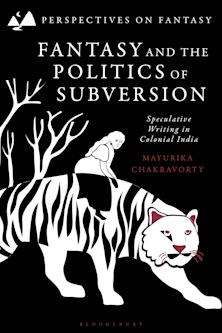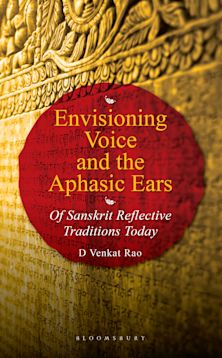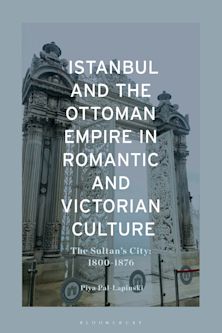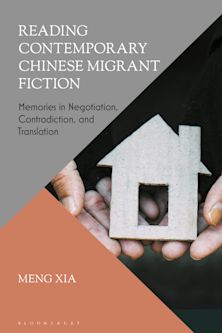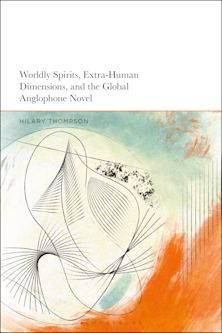- Home
- ACADEMIC
- Literary Studies
- Asian Literature
- The Earth Writes
The Earth Writes
The Great Earthquake and the Novel in Post-3/11 Japan
The Earth Writes
The Great Earthquake and the Novel in Post-3/11 Japan
You must sign in to add this item to your wishlist. Please sign in or create an account
Description
This book extensively analyzes the literary works of fiction that draw on the Great East Japan Earthquake and Tsunami that occurred on March 11, 2011. This disaster inspired literally hundreds of fictional works in Japan from the time of the events through 2017. This response represents a unique and perhaps unprecedented cultural phenomenon in the world. Since a variety of writers in different genres, and even amateurs, have written and published books inspired by their experiences of the disaster, it is extremely difficult to cover the entire body of Japanese “post-3.11 literature”. Because of the breadth of this literary response, there is a scarcity of research on the subject available. This book offers the first comprehensive review of Japan’s recent post-disaster literary production to the English audience.
Table of Contents
Introduction: Overview of Post 3.11 Cultural Production
Part I:The Immediate Impact of the 3.11 Disaster on the Writers’ Consciousness
Chapter One. Ecological Time-Space Emerging from the Encounter with the 3.11
Earthquake and Tsunami: The first phase of Post 3.11 literary production
Chapter Two. Fissures Opened in Literary Ground: The Great East Japan Earthquake and
Kenzaburo Oe’s In Late Style
Chapter Three. Animal Agencies in Post-3.11 Literature
Part II: Acceleration of the Writers’ Ecological Consciousness
Chapter Four. Remembrance of Postcolonial Conditions?The Earthquake’s Disclosure
of Uncommon Ground: Tohoku Area as the Other Within
Chapter Five. Dystopian Novels Flourish in the Post-3.11 Period
Chapter Six. The Emergence of a Planetary Sense Through Geographic Catastrophe
Conclusion
Bibliography
Index
About the Author
Product details
| Published | Jan 16 2019 |
|---|---|
| Format | Ebook (Epub & Mobi) |
| Edition | 1st |
| Extent | 148 |
| ISBN | 9781498569040 |
| Imprint | Lexington Books |
| Series | Ecocritical Theory and Practice |
| Publisher | Bloomsbury Publishing |
About the contributors
Reviews
-
The Earth Writes is a valuable addition to scholarship on Japanese literature. Expertly researched and smoothly written.
The Journal of Japanese Studies
-
Haga shows how the massive earthquake of 3-11 unleashed not only a calamitous tsunami and the man-made nuclear disaster of Fukushima, it also shook to the foundations the form and content of contemporary Japanese fiction. Based on extensive research, the book is filled with fascinating insights that reveal the complex ways Japanese writers are reimagining what it means to live as humans on our volatile planet.
Michael K. Bourdaghs, University of Chicago
-
Koichi Haga’s study of post-3.11 literature in Japan provides a fascinating and necessary glimpse for western readers into the Japanese experience of ecoprecarity in the wake of one of the most devastating natural-technological disasters in recent memory. While the March 2011 earthquake, tsunami, and subsequent nuclear meltdown received widespread attention, the cultural ramifications and interpretations of these events—and the lessons about nuclear risk that we can learn from this predictable and yet unexpected crisis—have scarcely been contemplated outside of Japan. I find this book to be a valuable contribution to risk criticism and ecocriticism.
Scott Slovic, Oregon Research Institute

ONLINE RESOURCES
Bloomsbury Collections
This book is available on Bloomsbury Collections where your library has access.











